Barr, DOJ want platforms like Facebook and Twitter to lose protection from lawsuits
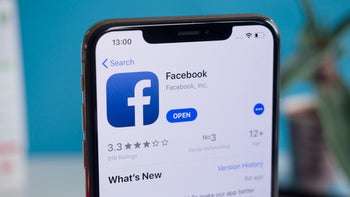
Currently, social media companies are protected from being sued over posts made by their subscribers by Section 230 of the Communications Decency Act. But with the recent assault by the Justice Department (DOJ) on big tech firms, perhaps it is no surprise then that Attorney General William Barr wants to shake things up. Reuters reports that during a public meeting held today by the DOJ, Barr pointed out that "No longer are tech companies the underdog upstarts. They have become titans. Given this changing technological landscape, valid questions have been raised about whether Section 230’s broad immunity is necessary at least in its current form."
Section 230 holds that online social media firms like Facebook, Google and Twitter are not considered the publisher or the speaker of the information and content that is on their platforms. As a result, these firms are exempt from any liability that they might otherwise have had by posting content written by subscribers. There are exemptions as Section 230 doesn't protect social media firms from posts written by subscribers that violate criminal or intellectual property law. Nevada Attorney General Doug Peterson says that the law protects tech firms from civil claims or state-level prosecution, but not from federal criminal prosecution.
Attorney General Barr is among those seeking to strip social media platforms of some legal protection from comments made by subscribers
Barr's plan to remove social media's Section 230 protection is designed to make it easier for law enforcement to crack down on hate speech and online crime. The attorney general said that the idea to strip these sites of Section 230 protection came while the DOJ was examining possible antitrust violations by these firms. He also pointed out that companies like Facebook and Twitter have more power than ever giving consumers fewer platforms to choose from.
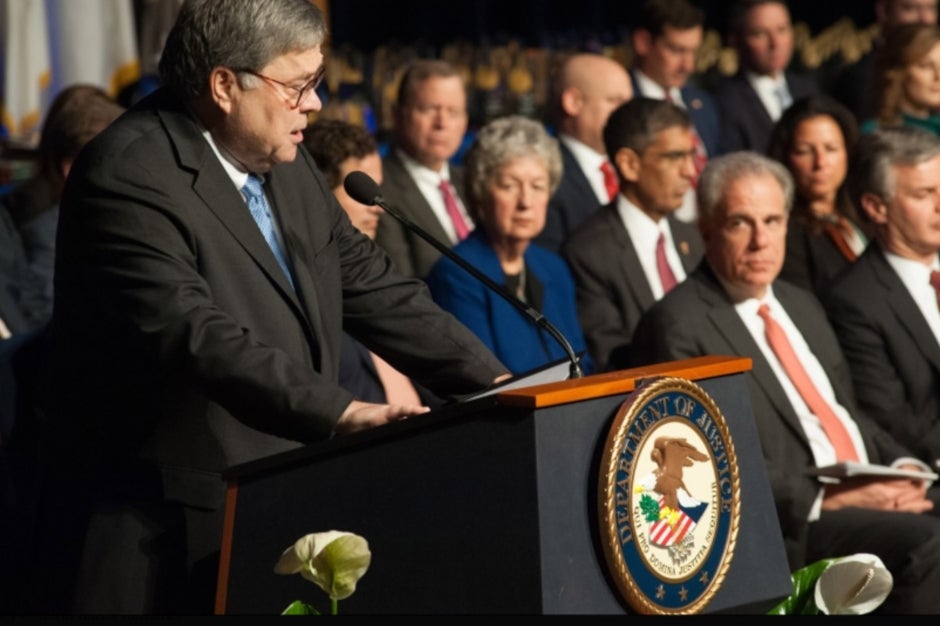
Attorney General William Barr says that Facebook and other platforms no longer need the protection given them by Section 230 of the Communications Decency Act
Bear in mind that this is not a partisan issue as lawmakers from both sides of the aisle have called for Congress to remove the Section 230 protection which would lead to more lawsuits against tech companies and raise their operating costs. Republicans are upset that Section 230 prevents them from going after Google and other platforms that they feel are biased against conservatives. Democrats say that the law allows these platforms to post misinformation written by subscribers without any repercussions.
Some of the speakers at the meeting had other ideas with some suggesting that larger platforms should have less protection than smaller ones. However, it might not be that easy to determine whether a social media site is large or small. For example, some platforms like Reddit and Wikipedia have a large number of users, but the actual size of these companies is small. David Chavern of the News Media Alliance was talking about giants like Facebook and Google when he said today, "With great scale comes great responsibility."
Not everyone showing up at the event is ready to spring into action right away. Kate Klonick, a law professor at New York's St. John’s University noted that changing some of the protections afforded to online platforms could lead to things down the road that no one can foresee. Professor Klonick says, "This is a massive norm-setting period. It’s hard to know exactly what the ramifications might be."
Another issue discussed at the meeting was end-to-end encryption. This is a hot button issue among politicians and law enforcement officials. Facebook, which also owns Messenger, WhatsApp, and Instagram, has been talking about adding encryption on all of its messaging apps (WhatsApp already offers it). Attorney General Barr has said in the recent past that when it comes to encryption, the tech companies need to allow law enforcement to have access under certain conditions.
The tech companies have responded. Matt Schruers, president of the Computer and Communications Industry Association, stated that eliminating the protection afforded to its members like Facebook and Google by Section 230 would result in 50 different laws that these firms would have to follow regarding the content of subscribers' posts.


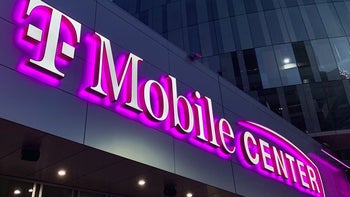
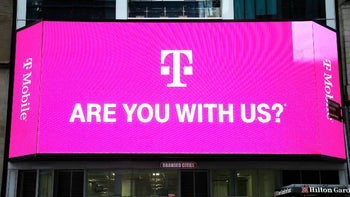

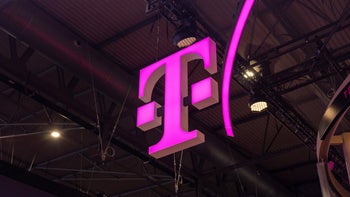






Things that are NOT allowed: